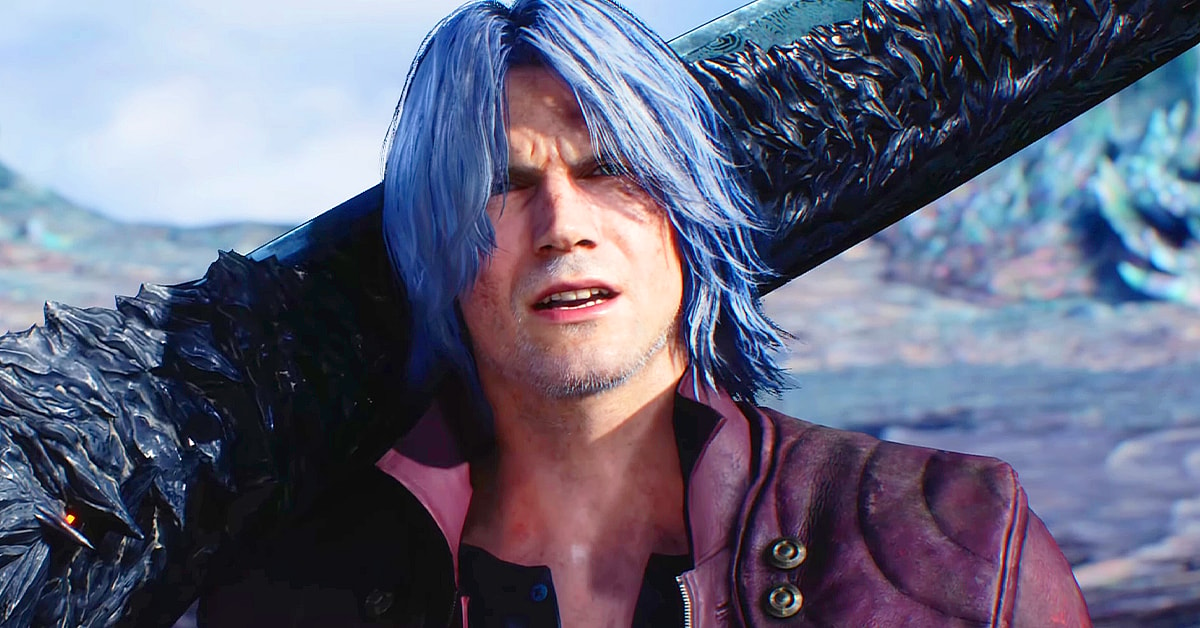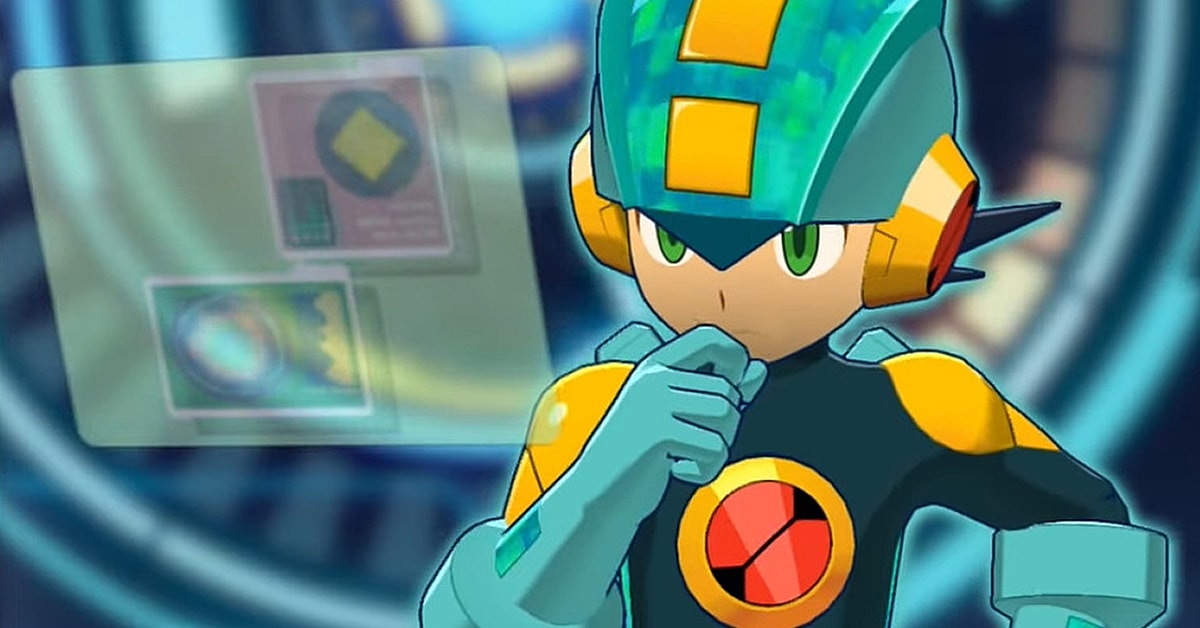Capcom Attempts To Run PR For Western Localizers, Praises In-House Team For Keeping Games “Culturally Sensitive” And “Promoting Inclusivity Through Language And Representation”

In yet again throwing their hat into the ongoing discourse surrounding Western localizers’ continual disrespecting of Japanese media, rather than committing to ensuring accuracy within their own localization team’s work, Capcom has instead attempted to put a ‘positive spin’ on some of the industry’s worst practices.

Entering the fray on April 11th by way of a lengthy post published to the official Twitter account of their own in-house localization team, the Resident Evil and Mega Man series developer began their PR play by asserting to players, “Localization isn’t just about translating words; it’s about adapting the game for a global audience. Think cultural nuances, idioms, and regional flair. A good localization makes players feel right at home, wherever in the world they are!”

Turning to address the complaint that many Western localizers tend to overwrite a given title’s Japanese identity in favor of ‘appealing to a larger audience’, Capcom then affirmed that, as far as they were concerned, it was more important to preserve the “vibe” of a game rather than provide players with an accurate translation of its original source material.
“Lost in Translation? Nah! Preserving the vibe is key,” declared the Devil May Cry developer. “Jokes, references, and even gameplay elements might need a little cultural remix It’s important to find that sweet spot to make sure players get the intended experience without feeling like something got lost in the process.”

“Each language has its unique structure and cultural context,” they added. “Our teams work to ensure the narrative and dialogue maintain coherence and emotional impact. It’s not just about words; it’s about capturing the essence of the story in a way that resonates with the target audience.”
From there, Capcom moved to run defense for the ever-increasing trend of video games being censored out of deference to the feelings of the most extreme of Western sociopolitical activists, arguing to players, “Character design and development must be culturally sensitive.”
“What may be acceptable in one culture might be offensive in another,” they declared. “Localizers play a crucial role in ensuring that characters are relatable and respectful, avoiding stereotypes or other references that could be perceived as negative in specific cultures.”

To this end, the company behind the Street Fighter franchise further detailed that their ‘cultural localization efforts” also extended “to promoting inclusivity through language and representation.”
“This involves adapting not only the linguistic aspects but also addressing gender-specific language, cultural norms, and diverse perspectives,” they explained. “The aim is to create an immersive experience where players from different backgrounds can identify with the characters and narrative. This can be very challenging for certain languages due to grammar.”

Jumping to the related subject of how their localization team deals with Japanese-specific comedy moments in their games, Capcom detailed, “Humor often relies on cultural references and wordplay, making it a challenging aspect of game localization.”
“Translators must carefully navigate puns, jokes, and cultural references to maintain the intended comedic effect,” noted the iconic video game entity. “This requires a deep understanding of the target audience’s sense of humor while staying true to the original wit.”

Drawing their thoughts to a close with one final note on their approach to ‘language localization’, Capcom ultimately affirmed, “Maintaining consistency in terminology is crucial for a smooth and coherent gaming experience.”
“This applies not only to translating words but also to ensuring that game mechanics, instructions, and lore are consistently represented across languages,” they concluded. “Establishing a cohesive language system helps prevent confusion and enhances the overall gaming experience for players worldwide.”

Interestingly, as noted above, this is not the first time Capcom – whose own history of ‘international censorship’ includes covering up Ashley and Ada’s default outfits in Resident Evil 4 Remake, editing out Japanese ‘Rising Sun’ imagery from E. Honda’s stage in the Capcom Fighting Collection release of Street Fighter II, and completely removing R. Mika’s ‘butt slap’ from her Super Arts animation in Street Fighter V – has attempted to run defense for their localization practices.
In a 2023 ‘social sustainability’ statement published to their official Investor Relations page, the company argued that “depending on the country, simply translating games developed under Japanese norms can end up hurting users unexpectedly due to historical, religious, or cultural differences.”
“As such,” they added, “we focus on employing staff from around the world to culturize the games so that they can be enjoyed by all, regardless of locale.”

